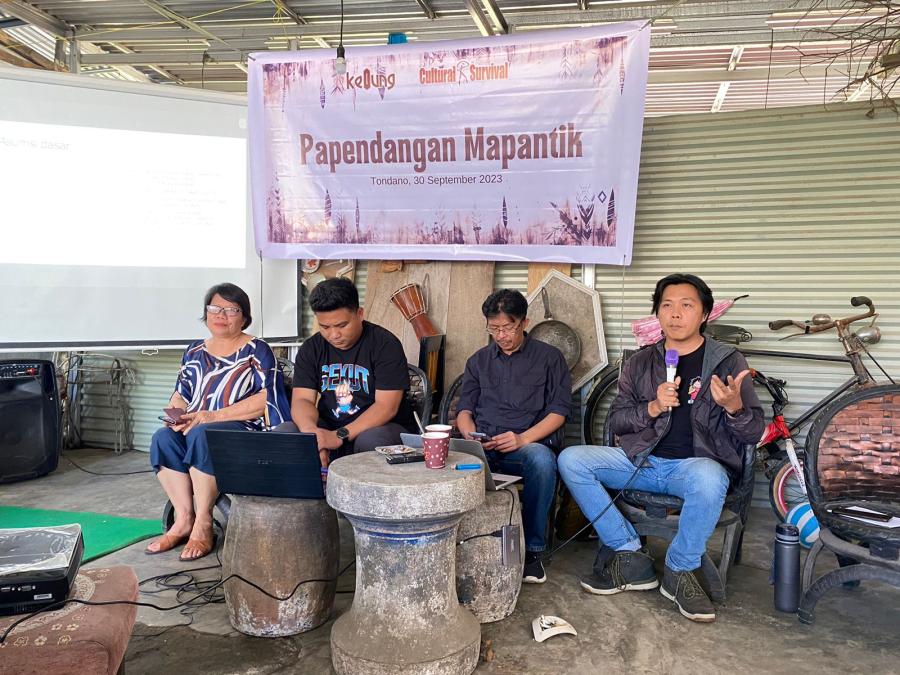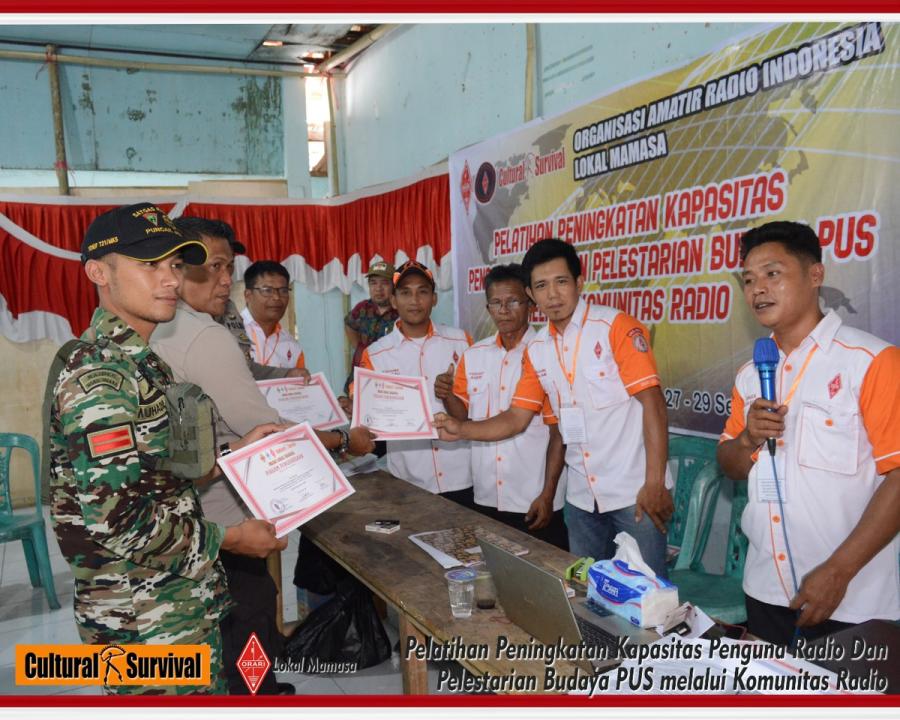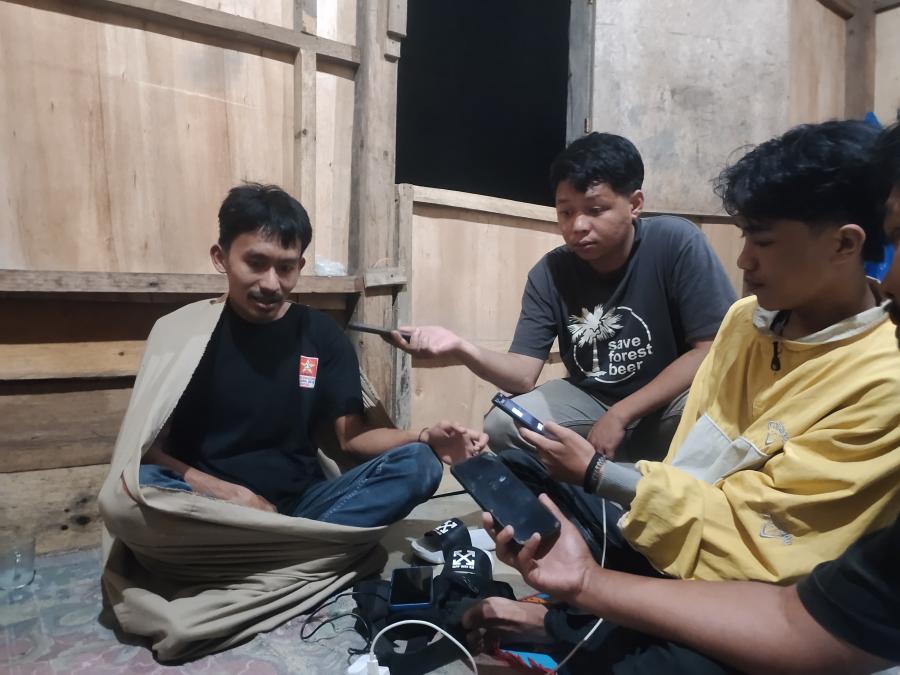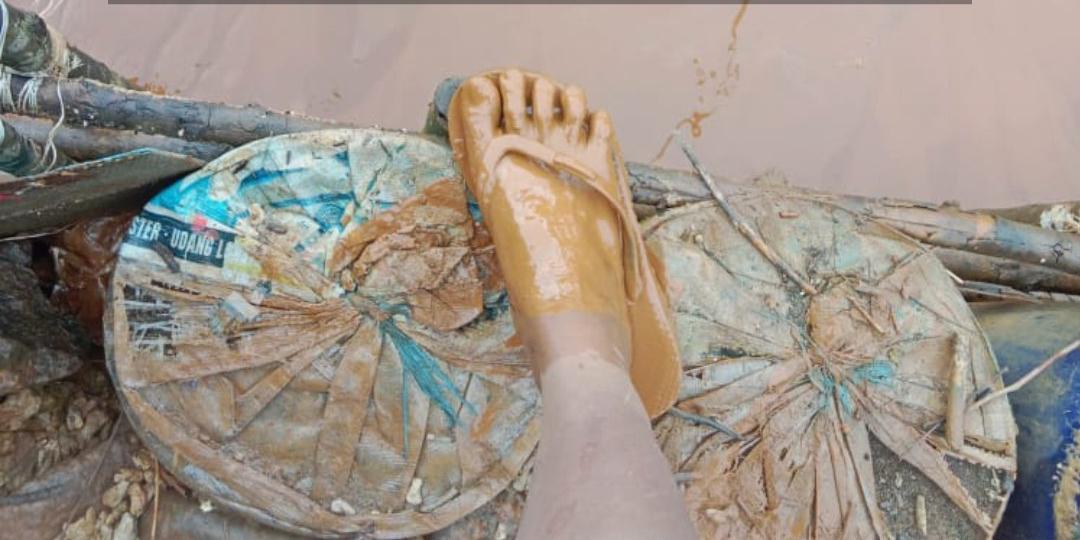
By Ellen Moore, Earthworks
From June 10 to 13, 2025, heavy rainfall hit Obi Island in Indonesia. As a result, muddy floods submerged three villages in the Island where one of largest nickel mining companies in Indonesia, Harita Group, has been operating.
In nearby Kawasi Village, the flood caused residential areas to be engulfed with muddy water levels of about 50 centimeters. A sediment pond built by the company to collect run-off and sediment from nickel mining and refining operations partially collapsed, contributing to the flood. The materials entered the Todoku River, which also overflowed and flooded the resident’s settlement.
Reporting from the Organized Crime and Corruption Reporting Project and the Gecko Project show that starting in 2012, company executives were aware that water running off of Harita’s mines contained Chromium-6 persistently over the legal limit, from 155% to 240% at different points. Their reporting shows that the addition of a high pressure acid leach refinery to produce EV battery grade nickel likely exacerbated the ongoing chromium-6 problem. Company documents show that the company built sediment ponds, like the one that collapsed, to help trap this toxic runoff. The documents show that the ponds did not bring down the levels of chromium-6 in the drinking water in Kawasi Village.
Now the infrastructure intended to absorb and prevent contamination has also failed. Water and mud, likely containing toxic heavy metals and chemicals, is flooding people’s homes, crops, and water sources and is flowing into the river and turning the sea red. A local news outlet is reporting the death of aquatic life, including giant eels.
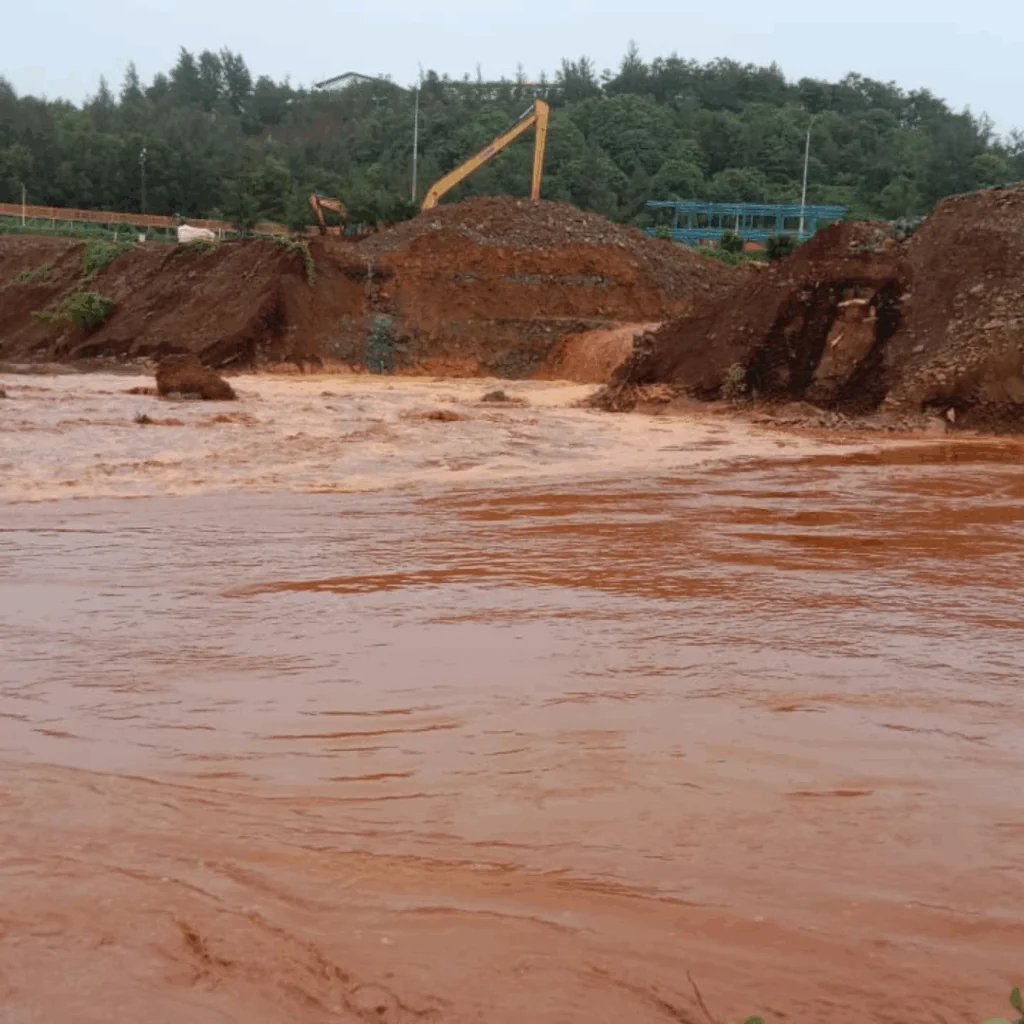
“Throughout 2025, there have been multiple floods. Residents have experienced flooding repeatedly, but there has been no attention from the company,” explained a community leader. The leader added that the issue related to the collapse of the sediment pond has been brought to the company but there has been no resolution to these serious environmental issues that directly affect their lives.
Regional NGO WALHI North Maluku reports that “A group of residents immediately approached the company’s Corporate Social Responsibility (CSR) department to report the issue, but the company’s response was inadequate.” WALHI also reports that at least one community leader is being criminalized and intimidated for protesting the company’s lack of inaction after the collapse. According to community leaders from Kawasi Village, this is a tactic that was used by Harita to respond to protests in 2016-2017 over the seizure of land to build the now partially collapsed sediment pond in the first place. As protests continue on the island, there is concern that additional community leaders will be the target of intimidation or unfounded legal action.
Residents of Kawasi Village are calling on Harita Group to immediately:
- Fix infrastructure and homes damaged by the food from the collapse of the sediment pond.
- Address root causes of ongoing infrastructure and waste management failures to prevent future disasters that threaten the health and safety of residents, clean water, and coastal ecosystems.
- Provide a written statement about plans to restore electricity and clean water. Residents say they have been asking the company to address these longstanding issues since before the collapse.
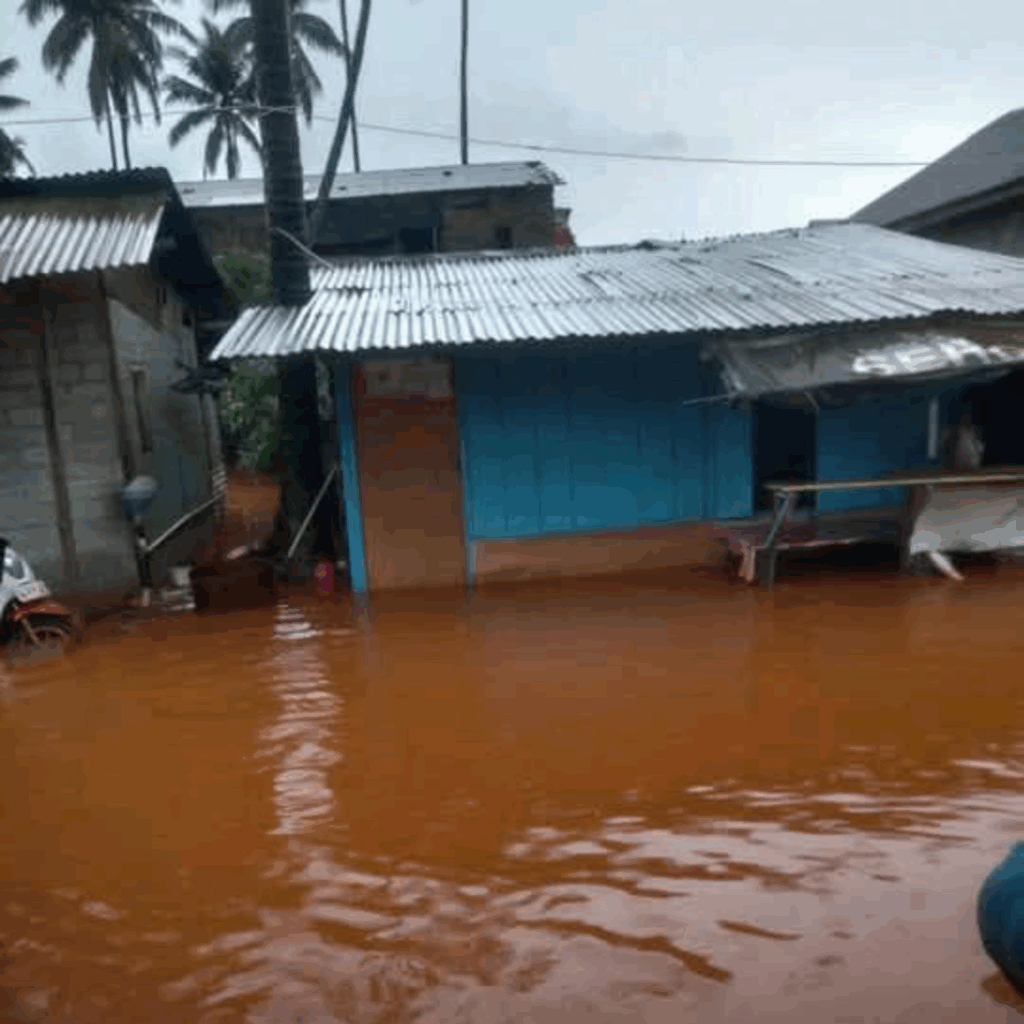
This isn’t the first time residents have documented flooding associated with sediment pond infrastructure, which was constructed on top of natural wetlands that border Kawasi Village. In July 2024, a small dam built on the Todoku River, which runs next to the sediment pond, collapsed and flooded homes in Kawasi Village. WALHI reports that the repeated flooding is a source of deepening trauma for Kawasi residents who are also facing water and electricity shortages, issues they say Hartia has also failed to address.
Two additional villages on Obi Island were flooded with red, sediment filled river water. The flood damaged homes and schools in Soligi village following the overflow of the Akelamo River. The Wayaloar River also caused a massive flood in Wayaloar village that killed a resident and submerged houses with a total population of 280 people spread across 70 households. Indonesia has experienced worsening mudslides and flooding linked to deforestation and mining operations. Residents say mining activities and clearing of forest by Harita Group and its subsidiaries contributed to the June 13, 2025 flood in Soligi village.
Heavy rain is a common occurrence in Indonesia. Infrastructure failures at Obi Island’s nickel facilities are exacerbating flooding and likely contaminating the water that is engulfing homes and villages. Earlier this year, dam collapses at another nickel facility in Indonesia, Indonesia Morowali Industrial Park, sent water and mine waste into communities and worksites nearby. The Indonesian government and companies must take these incidents seriously and be accountable to the communities affected by the current failures and the risk of future disasters.
